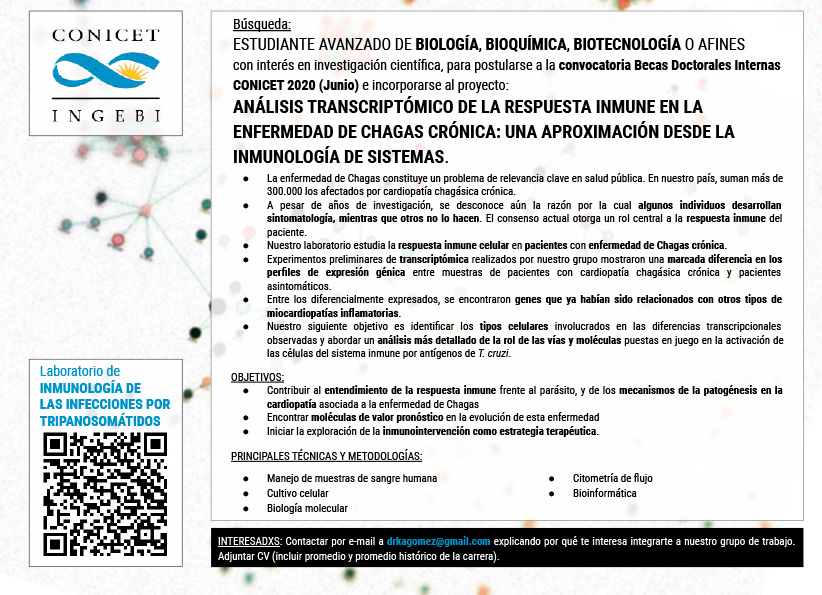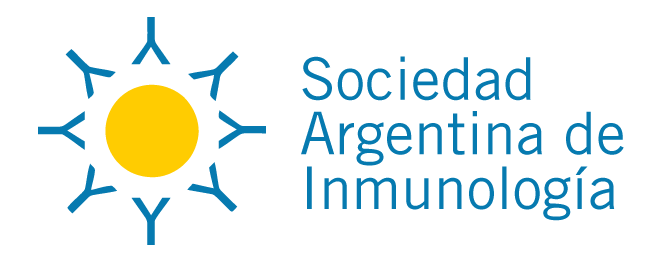Principal Investigator
Christel Vérollet (CRCN/INSERM)
• Team “Phagocyte migration and differentiation”, IPBS/CNRS, Toulouse, FRANCE
• Website: http://www.ipbs.fr/index.php/member/christel-verollet
Co-principal Investigator
Geanncarlo Lugo-Villarino (CRCN/CNRS)
• Team of Olivier Neyrolles (DR1/CNRS), “Mycobacterial Interactions with Host Cells”, IPBS/CNRS
• Website: http://www.ipbs.fr/index.php/member/geanncarlo-lugo-villarino
Title of the Project Cellular and molecular mechanisms involved in tuberculosis-mediated exacerbation of HIV-1 infection in macrophages: focus on Siglec-1 and tunneling nanotubes
Context and Project Co-infection with Mycobacterium tuberculosis (Mtb), the etiological agent of tuberculosis (TB), and HIV-1 is major health issue in the world. The synergistic relationship between HIV-1 and Mtb is known to result in increased pathogen proliferation and associated pathogenesis. In this context, we recently demonstrated that tunneling nanotubes (TNT) are cellular structures induced by a TB-associated microenvironment that favors HIV-1 spread among macrophages, enhancing virus load as observed in HIV/TB co-infected patients. TNT are thin connections that gained international scientific attention as a novel mechanism of intercellular communication for providing a continuous cytoplasmic bridge between cells. We will now determine the cellular and molecular mechanisms driven by Mtb that enhances the cell-to-cell transfer of HIV-1, in particular in the context of TNT. Innovative microscopy approaches will be used to study the dynamics of TNT and of HIV-1 transfer in macrophages both in vitro and in vivo. Based on solid preliminary data, we will focus on the cell-surface lectin receptor, Siglec-1 (CD169), a factor that is crucial in the synergy between Mtb and HIV-1. This research project will identify mechanisms involved in HIV/TB co-infection pathogenesis, including in HIV-1 transmission and spread. Understanding how HIV-1 and Mtb interact is crucial to ameliorate the prognosis and treatment of co-infected patients. Finally, we will generate novel fundamental knowledge on the biology of TNT, that have been associated with a wide range of pathological conditions, but also with physiological processes.
Job description We are looking for a highly motivated post-doctoral researcher with a specific interest in cell imaging in the context of host-pathogen interactions, and excellent track record to identify and solve scientific problems. The employment is for 3 years, aiming to better understand the HIV-1/Mtb co-infection. General responsibilities include design, implement, and to interpret experiments, both independently and in collaboration, and communicate research and findings in a clear and concise manner. Applicant is expected to perform a short-term internship with Dr. Luciana Balboa, CONICET (Buenos Aires, Argentina), at least once during postdoctoral tenure.
Team consortium and environment The project is a full collaboration between the teams of Drs. Vérollet and Neyrolles at IPBS (http://www.ipbs.fr/index.php/)/CNRS, Toulouse (France), supported by a framework of an international collaborations, including a Laboratoire International Associé (LIA, #1167) with Dr. Luciana Balboa, CONICET (Buenos Aires, Argentina). The state-of-the-art imaging technology in the Biological Safety Level 3 (BSL-3) facilities at IPBS and the combination of expertise between the two teams (e.g., HIV-1, tuberculosis, macrophage biology, advanced cell imaging and TNT) assure the success outcome of this project.
Qualification required
• A PhD degree preferably in cell biology or immunology.
• Scientific excellence evidenced by publication track record as well as track record of presenting at national and international meetings.
• Hands-on experience of biological imaging, including wide-field, confocal and live imaging, and a solid theoretical understanding of all current and emerging microscopy technologies.
• Exhibit strong computer literacy including experience with image analysis, FlowJo, Prism, and Excel.
• High levels of initiative, autonomy and the ability to assume a high level of responsibility.
• Strong interpersonal skills needed to effectively deal with different people and groups, both scientific and non-scientific.
• Proficiency in English in order to manage our LIA partnership with Argentina; oral communication in Spanish would be a plus.
Additional qualification desired
• Experience of mammalian cell culture of primary cells and cell lines, and basic immunology assays such as multi-color flow cytometry, immunofluorescence and ELISA.
• Knowledge of histology, quantitative PCR, and general lab protocols and methodologies used in the biological sciences.
• Experience in working in BSL-3 facilities.
• Previous mentoring of Master or PhD students.
• Experience in editing and writing original research articles and grant applications is an asset.
Employment The appointments will be funded for three years, starting no later than April 1st , 2020, by an ANRS (Agence Nationale de la recherche sur le SIDA et les Hépatites) grant.
The application should be written in English and include:
1. Letter of motivation with a short description of your previous research and why you consider you are a good match for the position (1-2 pages).
2. Curriculum vitae, including a description of relevant skills and experiences, as well as a full publication list.
3. Copy of PhD diploma.
4. Names, e-mail addresses and telephone numbers to 2-3 reference persons.
Application should be sent to Christel Vérollet (verollet@ipbs.fr) and Geanncarlo Lugo-Villarino (lugo@ipbs.fr)
Main Publications • Dupont et al., «Tuberculosis-associated IFN-I induces Siglec-1 on tunneling nanotubes and favors HIV-1 spread in macrophages», In revision, eLIFE, since Jan 16th, 2020; BioRxiv preprint: https://doi.org/10.1101/836155 • Genoula et al., “Mycobacterium tuberculosis Modulates the Metabolism of Alternatively Activated Macrophages to Promote Foam Cell Formation and Intracellular Survival”. In revision, mBio, Jan 16th, 2020; BioRxiv preprint: https://doi.org/10.1101/2019.12.13.876300 • Souriant et al., «Tuberculosis Exacerbates HIV-1 Infection Through IL-10/STAT3-Dependent Tunneling Nanotube Formation in Macrophages», Cell Reports. 2019, 26(13):3586-3599.e7 • Dupont et al., «Tunneling Nanotubes: Intimate Communication Between Myeloid Cells», Front Immunol. 2018, 9:43. • Raynaud-Messina et al., “Bone degradation machinery of osteoclasts: An HIV-1 target that contributes to bone loss”, Proc Natl Acad Sci U S A, 2018, 115(11): E2556-E2565 • Genoula et al., “Formation of Foamy Macrophages by Tuberculous Pleural Effusions Is Triggered by the Interleukin10/Signal Transducer and Activator of Transcription 3 Axis Through ACAT Upregulation”, Front Immunol. 2018, 9: 459. • Lugo-Villarino et al., “The C-type lectin receptor DC-SIGN has an anti-inflammatory role in human M(IL-4) macrophages in response to Mycobacterium tuberculosis.” Front Immunol. 2018, 9: 1123. • Lastrucci et al., “Tuberculosis is associated with expansion of a motile, permissive and immunomodulatory CD16(+) monocyte population via the IL-10/STAT3 axis.” Cell Research. 2015, 25(12): 1333-51. • Vérollet et al., “HIV-1 Reprograms the Migration of Macrophages”, Blood, 2015, 125 (10): 1611-22 • Balboa et al., “Diverging biological roles among human monocyte subsets in the context of tuberculosis infection.” Clin Sci. 2015, 129(4): 319-30. • Lugo-Villarino et al., “Macrophage polarization: convergence point targeted by M. tuberculosis and HIV”. Front Immunol. 2011, 2: 43.


